Trying to DIY these issues could cost you way more than just money.

Some household problems are perfect for rolling up your sleeves and handling on your own. A squeaky hinge or a loose cabinet door? No problem. But other issues demand more than just enthusiasm and a YouTube tutorial. These are the problems that, if handled incorrectly, can lead to major damage, safety hazards, or costly do-overs. It’s not just about skill—it’s about knowing when the risks outweigh the reward.
Too often, people delay calling in a professional because they want to save money or feel capable enough to figure it out. But a botched plumbing job or an electrical shortcut can end up costing triple what it would’ve taken to do it right the first time. It’s not a failure to ask for help—it’s a smart investment in your home and your peace of mind. These nine problems should always raise a red flag and send you searching for a pro who knows what they’re doing.
1. Electrical wiring issues are never a safe gamble.

Even if you feel confident swapping out a light fixture or installing a dimmer switch, deeper electrical problems are an entirely different story. Bad wiring isn’t just inconvenient—it’s dangerous. One wrong connection can spark a fire behind your walls, and you may not even notice the signs until it’s too late. If breakers are tripping constantly, lights flicker for no reason, or outlets feel warm to the touch, it’s time to step back.
Calling a licensed electrician isn’t about overreacting, according to Cassie Torch at Elliot Services. It’s about keeping your family and home safe. Professionals know how to trace the root of a problem, stay up to code, and make sure your system can handle the load you’re placing on it. Trying to rig something with a few wires and some wishful thinking will only put everyone at risk. Electrical shortcuts are never worth the gamble.
2. Major plumbing repairs can turn into hidden disasters.

Tightening a leaky faucet is one thing. Trying to replace a pipe, reroute water lines, or unclog a deep drain without proper tools and experience? That’s a recipe for water damage and frustration. Plumbing systems are more complex than they look. A small crack or poorly sealed joint can lead to slow leaks behind walls that go undetected until mold or structural damage sets in.
Professionals don’t just fix the issue—they prevent bigger problems down the line, as reported by Tony Reeseman at Intown Plumbing. They can spot signs of corrosion, improper slopes, or venting problems that the average person would miss. A simple mistake, like over-tightening a fitting or using the wrong pipe type, can cause more problems than it solves. Save yourself the time, the guesswork, and the ruined drywall—just call the plumber.
3. Roof damage should never be a solo weekend project.

It’s easy to underestimate roof problems until water starts dripping from your ceiling. Loose shingles, flashing issues, or subtle dips in the roofline often signal deeper trouble that isn’t visible from the ground. Climbing up there with a hammer and some patching material might seem doable, but the real risk is what you don’t see—and how fast it can get worse.
Roof work requires precision, experience, and proper safety equipment, as stated by Shawn Hedrick at Hendrick Construction. Even a minor misstep could cause further leaks or serious injury. Professionals know how to assess underlying structural issues, find hidden water damage, and ensure repairs actually hold up through storms. A DIY job might hold for a few weeks, but the long-term cost of doing it wrong can wreck your home’s interior. Roofs are one of those things where cutting corners is never worth it.
4. Gas line problems are a serious health risk.
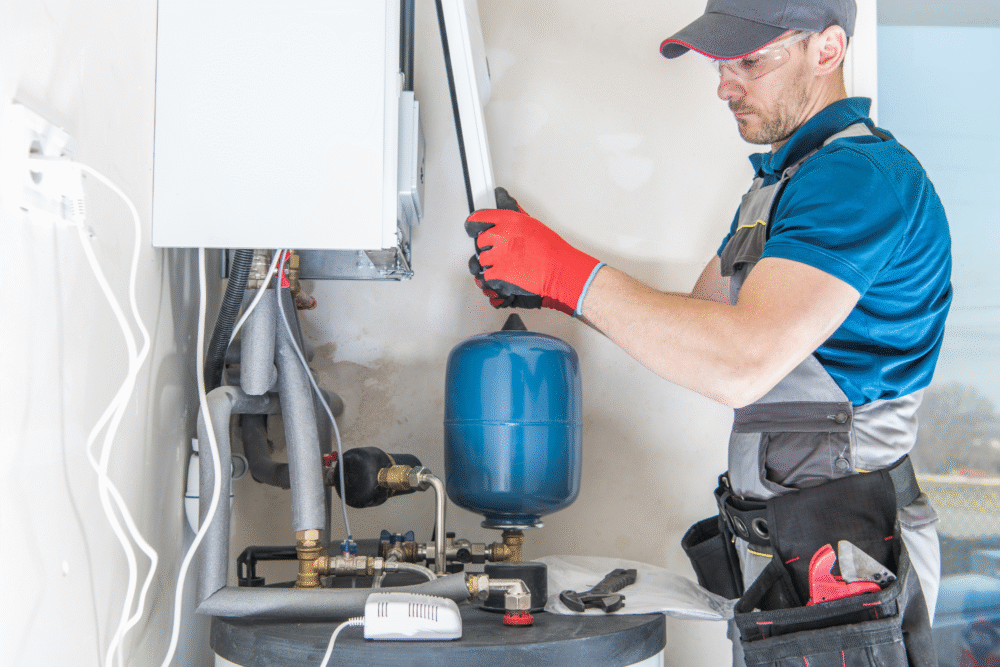
If you smell gas or suspect a leak, this is not the time for experimentation. Gas is invisible, flammable, and potentially lethal. Trying to tighten a fitting, reconnect a line, or troubleshoot a faulty appliance without proper training can put everyone in your house at risk. Even small leaks can cause headaches, breathing problems, or worse.
Licensed professionals have the equipment to test for leaks safely, seal lines properly, and ensure everything meets safety codes. It’s not just about fixing the problem—it’s about preventing future ones. Your home might be fine today, but a poorly handled gas line can be a ticking time bomb. Don’t take chances. Call a pro and step away.
5. Foundation cracks require more than just cosmetic fixes.
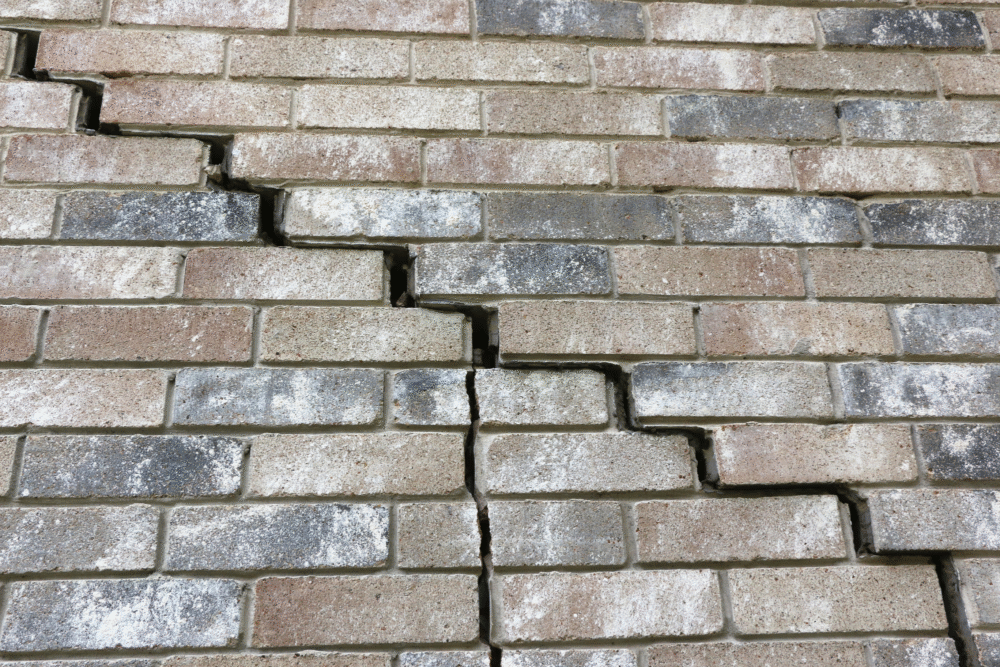
Hairline cracks in your concrete slab might seem harmless at first glance, but they can signal shifting soil, water damage, or structural instability underneath. Homeowners often try to patch them with quick-fix sealants or epoxy, but that only hides the symptom, not the cause. Without addressing the underlying issue, those cracks will widen, spread, and eventually lead to more serious damage.
Foundation specialists know how to evaluate the full scope of the problem. They’ll check for drainage issues, soil movement, and settling patterns that could be affecting the stability of your home. What looks like a $50 repair might actually be a $5,000 fix in disguise. Trust the experts to identify what’s really going on beneath your feet.
6. Mold removal isn’t just about scrubbing and bleach.
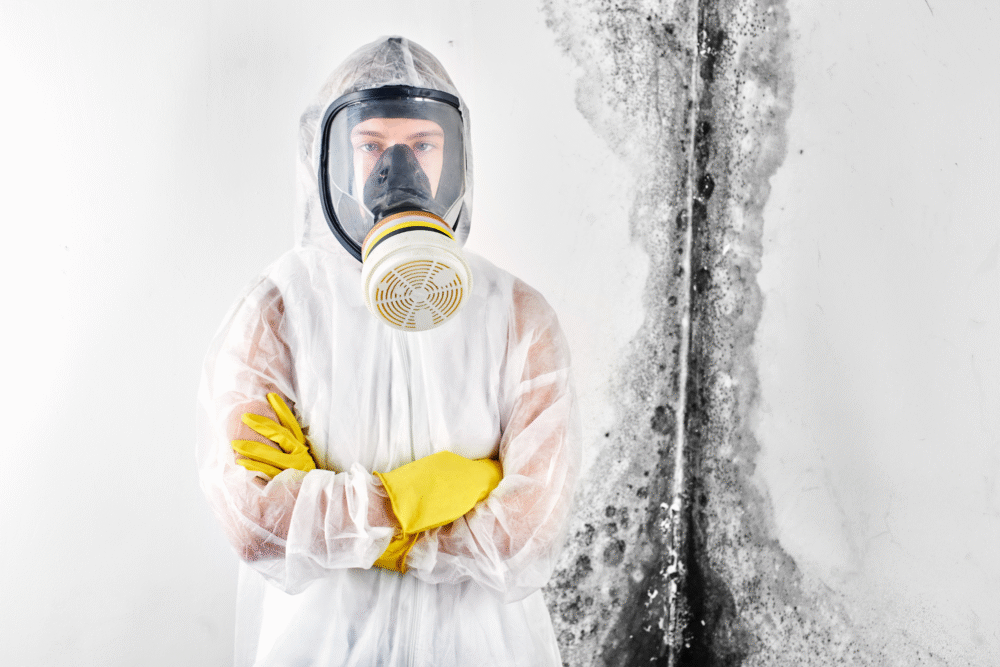
You might be tempted to grab a mask, some gloves, and a bottle of bleach when you spot mold, but surface cleaning rarely solves the whole problem. Mold often grows in hidden spaces—behind drywall, under carpets, inside ventilation systems. If you don’t eliminate the moisture source and affected materials completely, it’ll come back fast and even stronger.
Mold professionals use specialized tools to detect hidden growth, safely remove contaminated materials, and treat the air to prevent regrowth. They also know how to handle different types of mold, including the kinds that can harm your respiratory system. A little bleach might make it look better temporarily, but only a pro can guarantee it’s gone for good.
7. HVAC repairs can quickly spiral out of control.
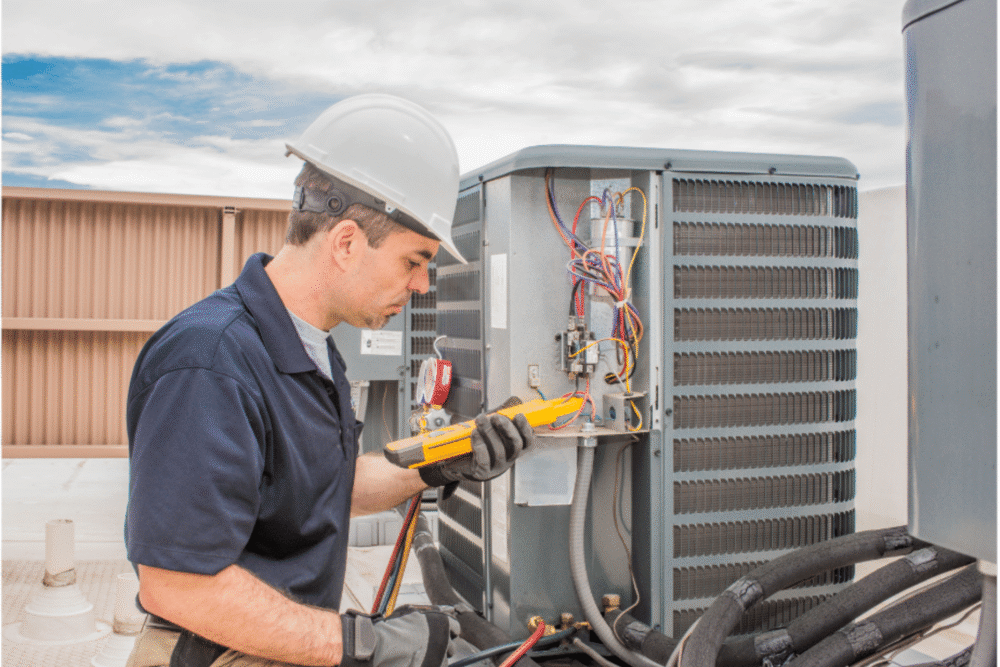
When your heating or cooling system stops working, it’s tempting to open it up and poke around. But modern HVAC systems are delicate, and one small mistake can lead to frozen coils, broken compressors, or costly replacements. Even changing a thermostat or replacing a capacitor can go sideways if you don’t know exactly what you’re doing.
Certified HVAC technicians know how to diagnose and fix issues without creating new ones. They’ll also ensure your system is running efficiently, which can save you money on your energy bill. Trying to troubleshoot complex mechanical systems on your own often leads to more damage, longer downtime, and a lot more expense than just calling someone in the first place.
8. Pest infestations need strategic, long-term solutions.
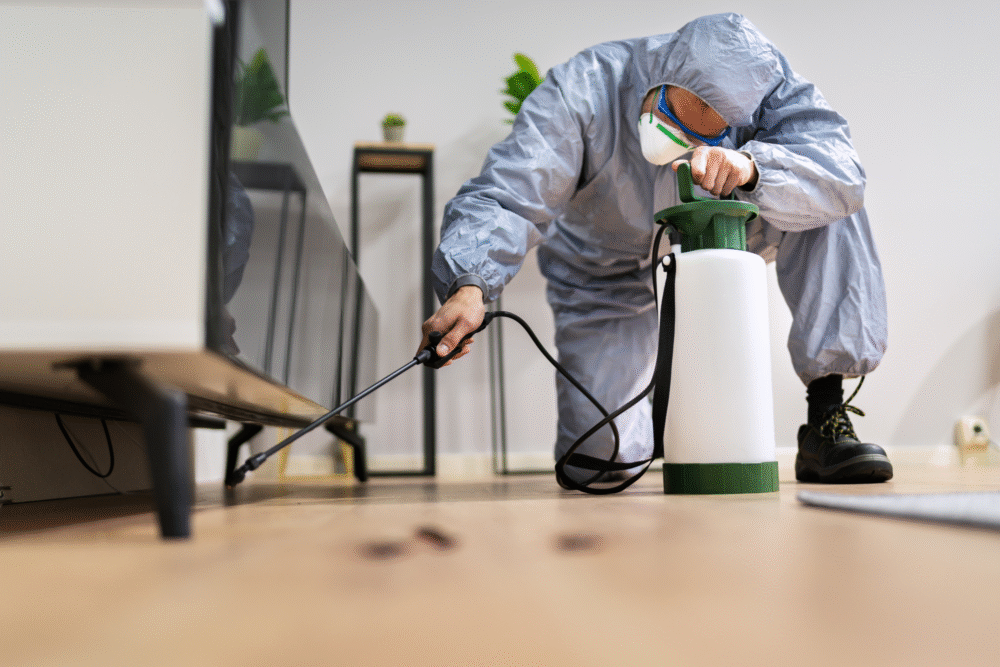
Killing a few ants or setting mouse traps might work short-term, but serious infestations require more than a store-bought spray. Rodents, termites, and roaches are persistent and resourceful. They can hide in walls, multiply fast, and return after DIY methods wear off. If you see signs of droppings, wood damage, or hear scratching in the walls, it’s time for professional help.
Exterminators don’t just kill pests—they find entry points, identify nesting areas, and create plans to keep them out for good. They also use more effective treatments than what’s available over the counter. Trying to handle it yourself can lead to frustration and wasted money, especially if you’re dealing with pests that thrive out of sight. A pro can stop the cycle for good.
9. Septic tank issues are messy and potentially dangerous.
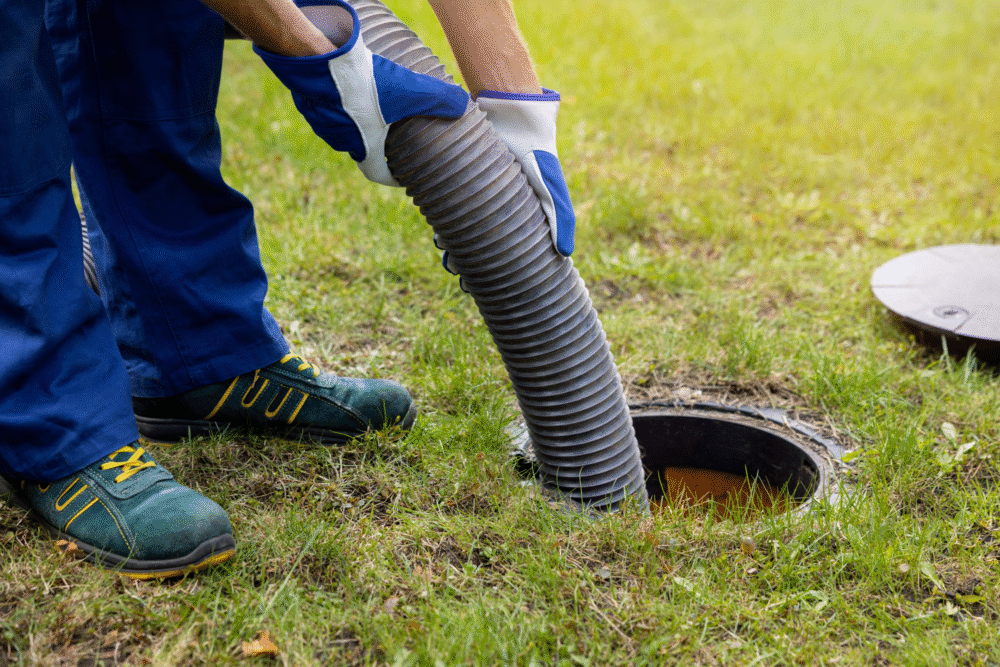
If your drains are slow, your yard smells like sewage, or there’s standing water around your septic area, don’t wait and don’t dig. Septic systems are complex and extremely sensitive. A wrong move could rupture the tank, cause a backup into your home, or lead to contamination of your water supply. These are not problems that get better on their own.
Professional septic technicians know how to diagnose system failures, locate clogs, and pump tanks safely. They also understand local health regulations and can identify early signs of serious issues before they escalate. Trying to manage a septic problem yourself isn’t just unpleasant—it’s risky, expensive, and could lead to health violations or legal trouble. Just make the call.
